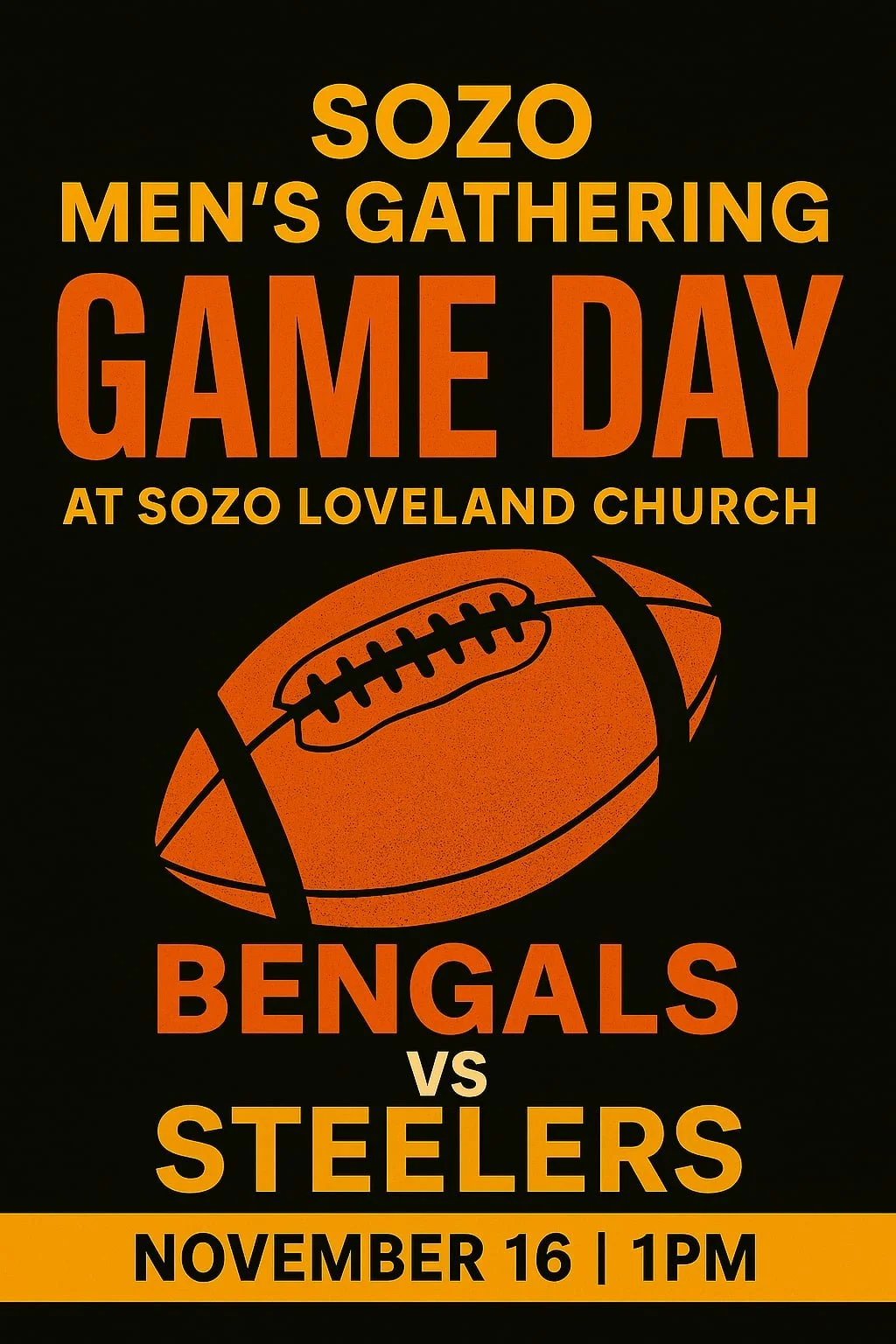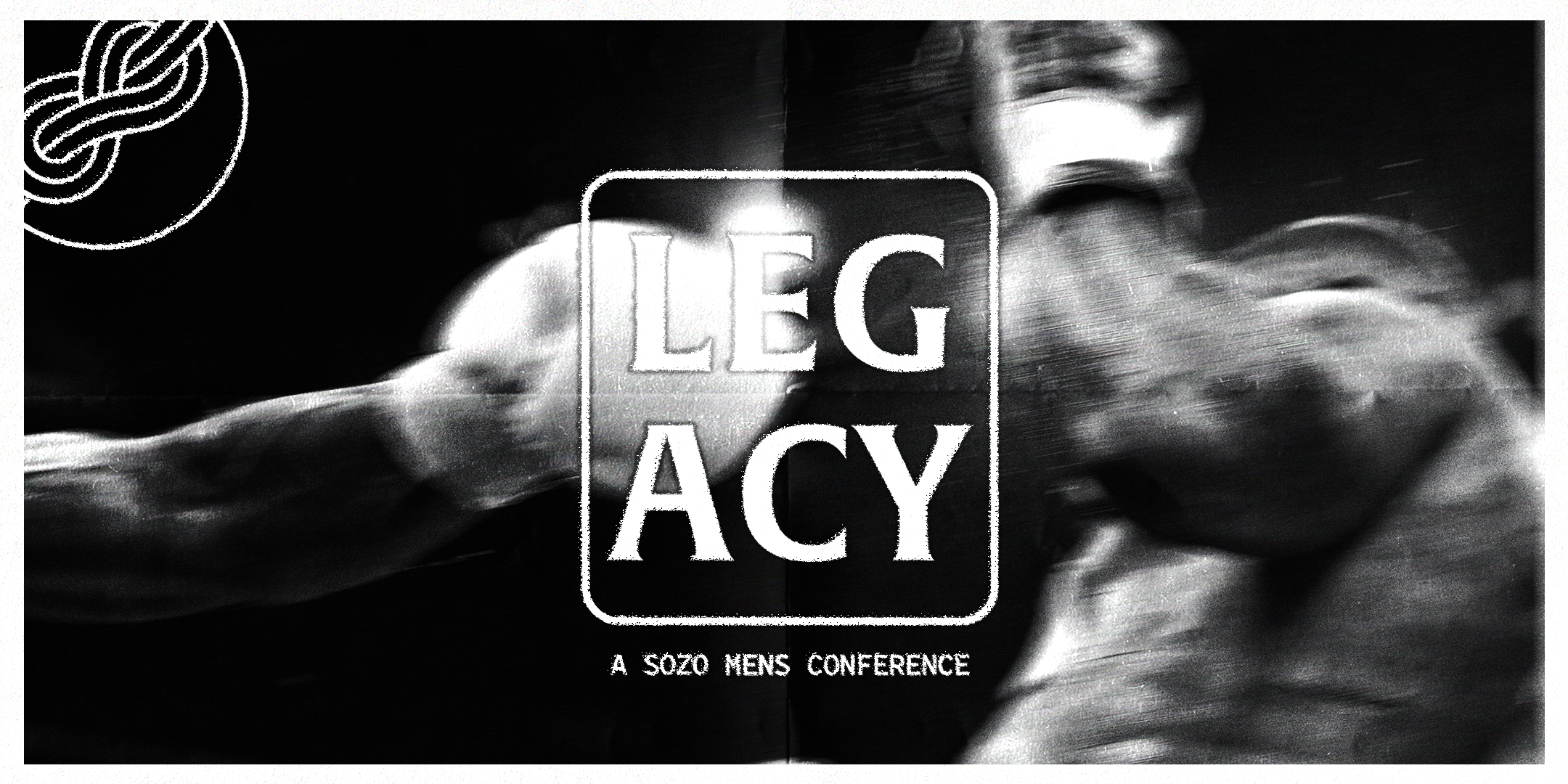How to Begin and End
One young woman asked me the following questions: ‘What will it be like in heaven? What will our heavenly bodies look like? Will we be able to fly? Will we be sexless? Will we be able to see the Garden of Eden? Will we recognize family and friends? What sort of friendships will we have?’ The Bible does not give the answers to all our questions. I have a book on my bookshelf entitled, *50 Remarkable events pointing to THE END*. Written in 1997, it predicted that ‘Jesus could return by AD 2000’. This is one of many attempts to predict the timing of ‘The End’ that have turned out to be false. That is why Tony Campolo wisely says he wants to be ‘on the welcoming committee’ rather than the ‘planning committee’! We are *not* told *when* the end will come, but we *are* told about the *how* and the *who*. The key is the *who*. Jesus says, ‘I am…*the Beginning* and *the End*’ (Revelation 22:13). Of course, ‘the End’ and the ;Beginning’ appear very different. However, there can be significant similarities to both the beginning and the end.
Psalm 150:1-6
Begin and end with worship
In the end, God’s ‘servants will offer God service – worshipping, they’ll look on his face, their foreheads mirroring God’ (Revelation 22:3, MSG). Our response to seeing God face to face will be eternal worship.
The book of Psalms ends with ‘Hallelujah’, translated here ‘Praise the Lord’ (Psalm 150:6b). Psalm 150 itself begins and ends with ‘Hallelujah’ (‘Praise the Lord’, vv.1,6). All of us are called to worship: ‘Let every living, breathing creature praise God!’ (v.6, MSG).
Worship everywhere
The worship of God should fill the universe: ‘Praise God in his holy house of worship, praise him under the open skies’ (v.1b, MSG).
Worship him for everything
Praise God for who he is (‘his surpassing greatness’) and what he has done (‘his acts of power’, v.2).
Worship in every way
Praise God with everything you have, including every type of music and dancing (vv.3–5).
Prayer: Lord, I praise you for your surpassing greatness and your acts of power. I worship you as the creator of the entire universe, yet you love me personally.
Revelation 22:1-21
Begin and end with Jesus
In the end, it is all about Jesus. It always has been about Jesus. It always will be about Jesus. Begin now to focus your life, your thoughts, your ministry, your evangelism and everything else on Jesus.
The Bible begins with Jesus. The creation of the universe (Genesis 1–2) was actually through Jesus. ‘In the beginning was the Word, and the Word was with God, and the Word was God… Through him all things were made’ (John 1:1,3).
The Bible also ends with Jesus: ‘Amen. Come, Lord Jesus. The grace of the Lord Jesus be with God’s people. Amen’ (Revelation 22:20b–21). He is ‘the Alpha and the Omega, the First and the Last, the Beginning and the End’ (v.13).
We see how the world will be in the end. The language is figurative. It is not an exact description, but it is full of images of life and blessing. The Bible begins and ends with ‘the tree of life’, symbolizing God’s life of blessing and his ‘good’ plan for his people.
In the new heaven and the new earth, there will be ‘the river of the water of life’ (v.1). This will fulfil the prophecy in Ezekiel 47, which Jesus related to ‘rivers of living water’ flowing from him [Jesus] by the Holy Spirit (John 7:37–39). It will bring ‘healing of the nations’ (Revelation 22:2). How desperately that is needed, both within countries and between nations. How wonderful it will be when the ‘United Nations’ becomes a reality.
The ‘tree of life bearing fruit continually’ (v.2), which was there at the beginning (from which humankind was barred because of sin), will be available again for all. The curse of Eden will be revoked (v.3). The word for tree (xylos) is sometimes used in the New Testament to describe the cross (for example, Acts 5:30).
In the end, you will see God’s face. No one could see God and live (Exodus 33:20), but in the new heaven and the new earth, you will see his face and his name will be on your forehead (Revelation 22:4). ‘There will be no more night. They will not need the light of a lamp or the light of the sun, for the Lord God will give them light’ (v.5a). And you will reign with him for ever and ever (v.5b).
There is so much to look forward to in the new heaven and the new earth. Jesus promises, ‘I am coming soon’ (vv.7,12,20).
No wonder that ‘the Spirit and the bride [the church] say, “Come!” And let those who hear say, “Come!” Let those who are thirsty come; and let all who wish take the free gift of the water of life’ (v.17).
The Bible is one long invitation to come to Jesus. In him, you find the meaning and purpose of your life. Part of that purpose is to invite others to come, so that they too will find refreshment and fulfilment in the water of life that Jesus pours out on all who come to him.
The Holy Spirit and the church invite people to come and to receive the amazing gifts God has for them, rather than missing out on the wonders of the holy city (as with vv.11a,15,19). They pray too for the return of Jesus – ‘Come, Lord Jesus’ (v.20).
Prayer: Lord, thank you that one day I will drink the water of life to my heart’s content. Thank you that I will see you face to face and I will reign with you for ever and ever. Come, Lord Jesus.
Nehemiah 13:1-31
Begin and end with love
The book of Nehemiah, like the Bible as a whole, begins and ends with love. Nehemiah began by praying, ‘O Lord, God of heaven, the great and awesome God, who keeps his covenant of love…’ (Nehemiah 1:5).
As the book of Nehemiah draws to an end, he prays, ‘Remember me for this also, O my God, and show mercy to me according to your great love’ (13:22).
In this last chapter, we read of Nehemiah’s final reforms. They read from the ‘Book of Moses’ (v.1) how ‘Our God… turned the curse into a blessing’ (v.2). This is the pattern throughout the Bible. ‘In all things God works for the good of those who love him’ (Romans 8:28). What you are facing in your life right now may seem like a curse – a health issue, a battle in a relationship, a difficult boss, or whatever. It may seem like a curse, but God can turn the curse into a blessing.
As a good leader, Nehemiah chose to delegate to people considered ‘trustworthy’ (v.13) and ‘faithful’ (AMP) – ‘those who had a reputation for honesty and hard work’ (MSG).
Sometimes God tests our faithfulness. Have you ever found yourself in a situation where you are asked to do something that you really don’t want to do, or to submit to authority when everything in your being wants to resist it?
But these challenges are opportunities to do something, not because it’s fun or exciting, but in faithfulness, with a good attitude and with integrity. And God rewards such faithfulness (Luke 16:12).
Nehemiah achieved so much, but he could not change the hearts of the people. They had promised wholehearted commitment to the Lord, but they were unable to deliver (compare Nehemiah 10:30 with 13:23; 10:31 with 13:16; 10:39 with 13:11). The problem of human sin still remained.
Nehemiah warns them (13:15,21). He rebukes them (vv.17,25). He wants them to be pure (vv.22,30), but it is in vain. Nehemiah’s frustration points us forward to Jesus, the only one who could deal with the problem of the human heart, and deal with our sin.
Again, and again Nehemiah asks to be remembered (vv.14,22,31) with favour because he had faithfully served God. But ultimately, he trusts in God’s mercy and love: ‘Remember me for this also, O my God, and show mercy to me according to your great love’ (v.22).
Nehemiah, like all of us, needed to be the recipient of God’s mercy and love, which was displayed supremely as Jesus died in our place. As Paul wrote to the Romans, ‘God demonstrates his own love for us in this: While we were still sinners, Christ died for us’ (Romans 5:8).
Prayer: Lord, thank you that in the new heaven and the new earth I will enjoy your great love for ever and ever. Thank you that right now I know your love, through the death and resurrection of Jesus, and I experience your love, poured into my heart by the Holy Spirit. Lord Jesus, I will praise your name for ever and ever!
Pippa Adds
Psalm 150:1–6
This psalm says ‘praise’ twelve times. It is good to end this year praising God for all that he has done.







































